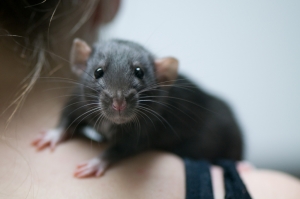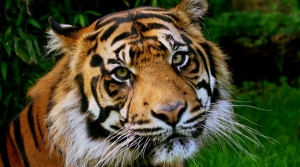- Home
- Directory
-
Our Programs
-
Strategic Advocacy Course
- Collaborations
- Humane Education
- International Policy
-
Model Animal Welfare Act
- Get the Book!
- Contents
- Part 1: Guiding Principles - A Broad Overview
- Part 2: Proposal for the Wording of a New Animal Welfare Act
-
Part 3: Explanatory Notes
- Notes to Chapter 1: Preliminary Provisions
- Notes to Chapter 2: General Provisions
- Notes to Chapter 3: Keeping of Animals/Care of Animals
- Notes to Chapter 4: Specific Categories of Animal Use
- Notes to Chapter 5: Implementation and Enforcement Provisions
- Notes to Chapter 6: Penal and Final/Concluding Provisions
- Constitution Project
-
Strategic Advocacy Course
-
Resources
- Events
- About Us
- Blog
Displaying items by tag: Public Policy
Three Times Animal Sentience Made the News This May
At World Animal Net, we define sentience in our forthcoming Model Animal Welfare Act as the capacity to perceive or feel things--more specifically, sentient beings share with us consciousness, feelings, emotions, perceptions – and the ability to experience pain, suffering, fear, distress and states of well-being. Animal sentience is a major underpinning for nearly all the philosophies that explain why animals and their interests deserve consideration and flies in the face of traditional Western views of animals as “automatons” who feel no pain and do not suffer, and consequently are “things” that humans can do with as they like. While animal advocates have long been criticized for their views as being based in passion and not rationality, science is now confirming what advocates have always known.
Animal Politics: The Rise of Animal Advocacy Parties
Think it’s impossible to stand up for animals at the voting booth? You may wish to reconsider. From politicians who vocally support strong animal protection legislation, to citizen-directed animal protection initiatives presented directly to the voting public, opportunities for putting the ballot to work to improve the lives of animals abound. Public discourse around animals and politics is also becoming more frequent, as illustrated by a recent conference in Bristol. There’s even a fully funded Ph.D. program that welcomes a concentration on the political representation of nonhuman interests.
The Positive List: Solution to regulate the sale and keeping of exotic animals as pets
We at AAP Rescue Centre for Exotic Animals were very happy to see the new Dutch Positive List for mammals coming into force on the 1st of February. After 22 years of campaigning together with other animal welfare organizations, it is a huge milestone.



